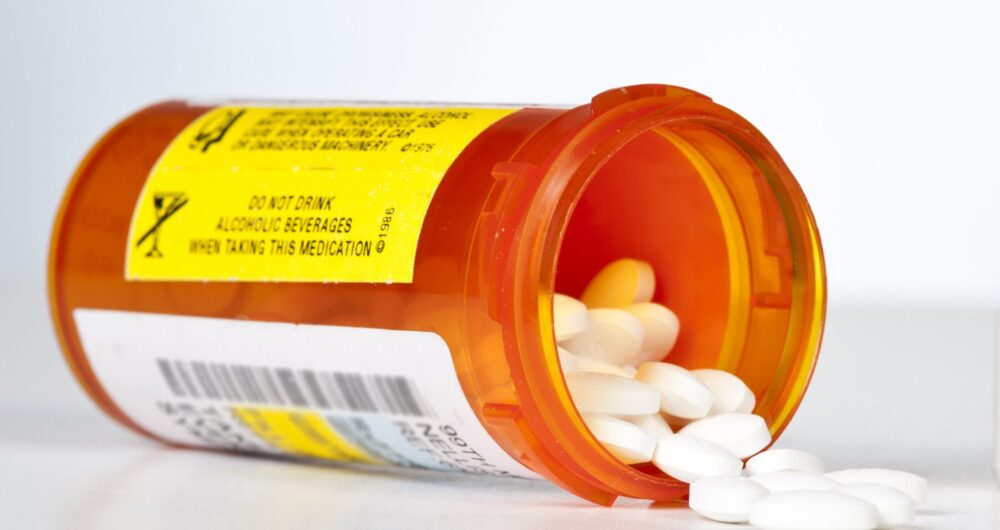The Government has announced deals for two new antiviral drugs to help treat the most vulnerable coronavirus patients this winter, according to LBC News.
The treatments are expected to help thousands at most at risk, including the elderly and those with weakened immune systems, who have tested positive for or been exposed to Covid-19.
Antivirals are used to either treat people infected with a virus or to protect exposed individuals from becoming infected.
It comes amid growing concerns over the spread of coronavirus in the UK, with another 49,139 cases and 179 deaths reported on Wednesday.
The drugs have been developed pharmaceutical companies Merck Sharp and Dohme (MSD), and Pfizer.
The Department of Health and Social Care said 480,000 courses of Molnupiravir, made by MSD, have been secured, as well as 250,000 courses of Pfizer’s PF-07321332/ritonavir.
Neither has been approved by the UK’s medicines regulator, the MHRA.
It is understood that, if approved, Molnupiravir could be available by the middle of November, and Pfizer’s treatment by the middle of January 2022.
Health and Social Care Secretary Sajid Javid said: “I am delighted to confirm we may soon have a new defence in our arsenal with two new antiviral drugs that we have secured.
“Our work is far from done though – and we’ll continue our tireless work to secure more innovative treatments so we can protect as many people as possible from the virus, its variants and future diseases.”
The data currently available for the new antivirals is for their use as treatment for people who have Covid-19, while studies on using them in a preventive way have only just begun.
Molnupiravir has been shown in clinical trials to reduce the risk of hospital admission or death for at-risk adults with mild to moderate Covid-19 by 50%.
Pfizer’s antiviral is at the beginning of its phase three trials.
Deputy Chief Medical Officer Professor Jonathan Van-Tam said the new treatments “will be particularly vital in protecting those who may not get the same antibody response to the vaccines as the majority of the population”.
He added: “We will now work quickly to ensure the right cohorts of people receive these treatments as soon as possible, should they be approved by the MHRA.”
Professor Stephen Powis, national medical director for NHS England, said they “will add to the health service’s armoury in giving the most vulnerable people the best chance of recovery from this deadly virus, and with cases rising, it is still very much a threat to public health”.
Work is under way to look at how to deploy the treatments, with making them available from pharmacies understood to be one option under consideration.
Costs of the deals have not been given due to commercial sensitivities.




